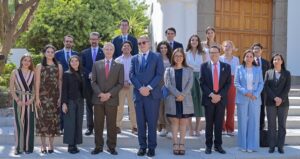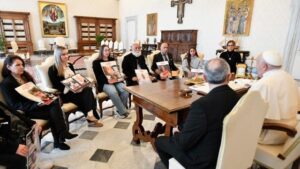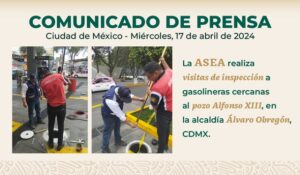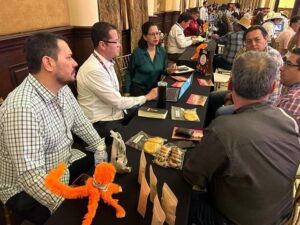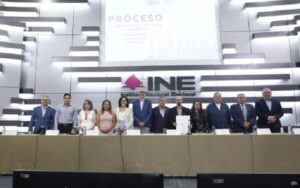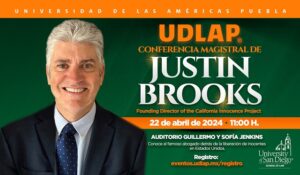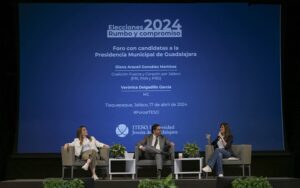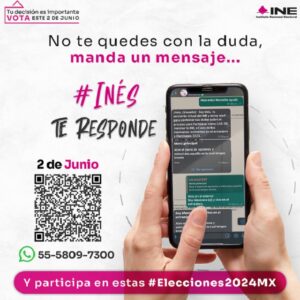Se inaugura en Ginebra el decimosexto Coloquio OMPI-OMC para profesores de propiedad intellectual
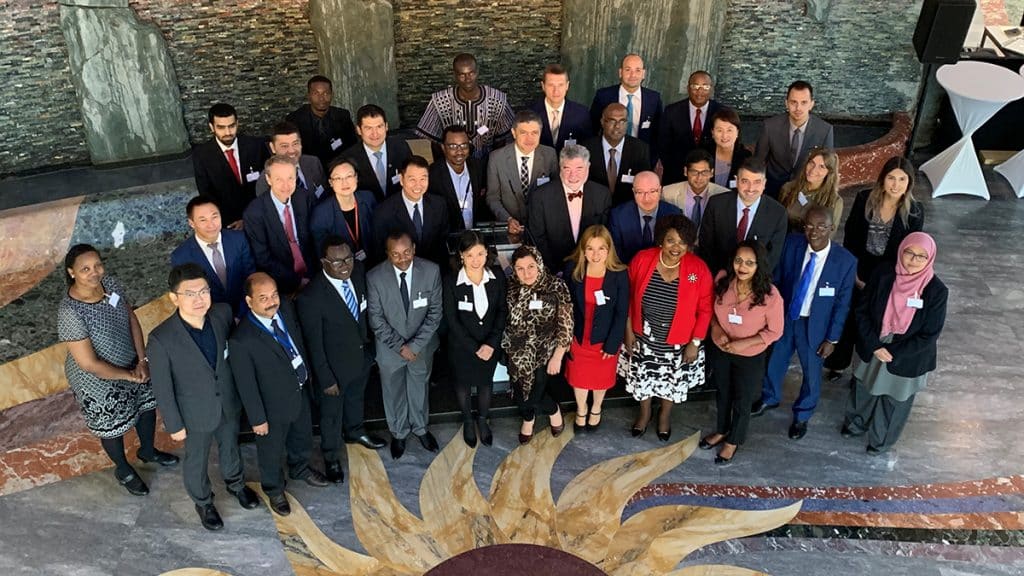
El 17 de junio de 2019 se inauguró en Ginebra un coloquio para profesores de propiedad intelectual, de dos semanas de duración, organizado conjuntamente por la OMC y la Organización Mundial de la Propiedad Intelectual (OMPI). El objetivo de este Coloquio es ayudar a los profesores de los países en desarrollo y las economías en transición a conocer mejor las instituciones, negociaciones y demás actividades en Ginebra relacionadas con la legislación y la política en materia de propiedad intelectual y reforzar la investigación independiente, el análisis de políticas y la enseñanza en sus respectivos países.
Xiaozhun Yi and Mario Matus, Deputy Directors-General at the WTO and WIPO, opened the two-week course at WIPO headquarters. They highlighted the importance of this event, which brings together 29 IP scholars and teachers with a strong background in IP and responds to the growing demand for enhanced awareness of IP issues.
DDG Yi highlighted in his opening remarks the timeliness of reflecting «on the new challenges confronting the IP community» at a time of unprecedented technological innovation which «is reshaping people’s daily lives, transforming the very structure of global trade and the international economy, and making fundamental changes in our societies». He stressed the importance of a balanced IP system and the need to develop, adapt and sustain the system according to each country’s economic and social circumstances. Read his full speech here.
Mr Matus highlighted the importance of IP as a key driver of innovation and technology, becoming one of the central elements of what has been termed as the fourth industrial revolution. To better understand this reality, this colloquium can help to avoid mistrust and misunderstandings about the role of IP in society from a scientific and academic perspective, Mr Matus said.
Participants will be provided with an update on the activities and instruments of WIPO and the WTO, focusing on policy issues under negotiation or discussion in the two organizations, and placing these issues in their wider legal and policy contexts. The colloquium aims at strengthening the capacity of universities to develop national expertise in IP, thereby building their capacity to provide policy support for current negotiations or discussions in WIPO and the WTO.
The colloquium will further strengthen and give structure to the exchange of practical information on relevant national or regional experiences between university teachers and the two secretariats, and emphasis will be placed on enabling participants to develop practical strategies for improving teaching methodologies. The establishment of contacts between participants and trainers and experts for continuing IP dialogue and cooperation will also be central.
The programme includes a wide range of IP policy and legal issues, such as IP and public health, IP and e-commerce, IP and biotechnology, IP and artificial intelligence, and IP and blockchain. More than 40 experts from WIPO, the WTO, partner intergovernmental organizations, non-governmental organizations and various fields of industry will address participants to keep them up to date with the key issues and challenges confronting IP law and policy today.
A copy of the programme for the colloquium is available here.




